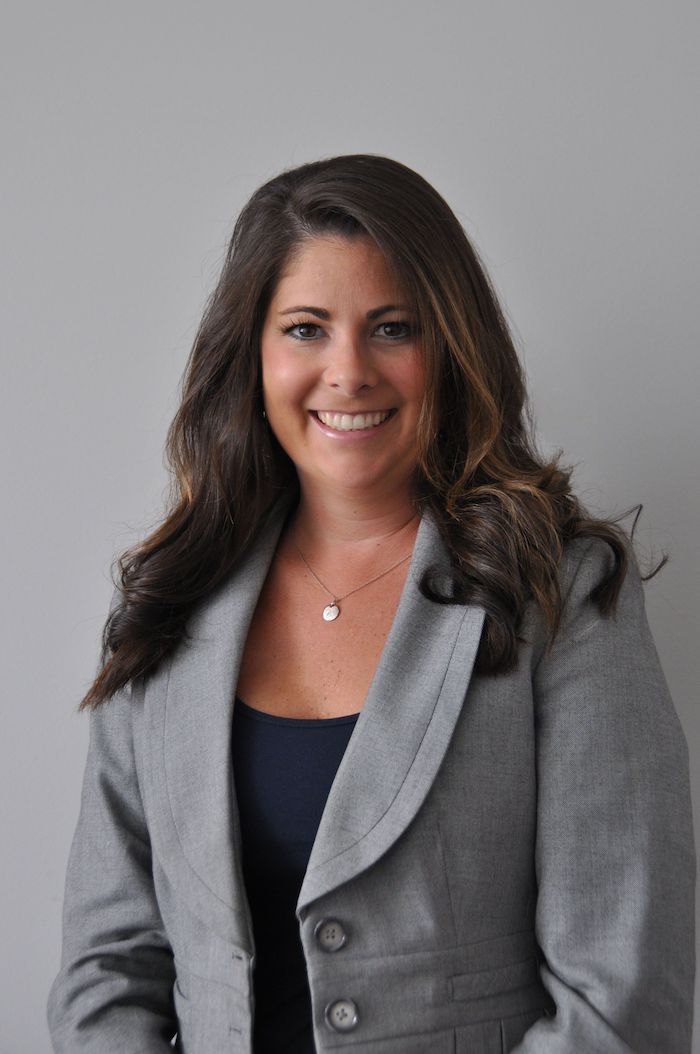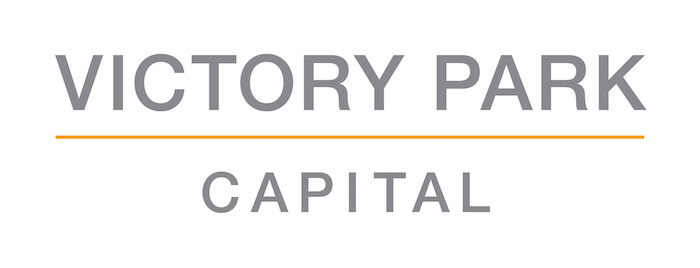Caroline Taylor is a Founding Partner of Ignitis, an early-stage litigation funding company who provides seed funding for legal cases. Ignitis emerged to bridge the gap between legal case concepts and the crucial funding they require to proceed. Ignitis addresses this vital need by providing the early-stage capital and expertise necessary to initiate litigation in Europe, the UK, and beyond. At Ignitis, Caroline focuses on operations, case development, execution, and funding. Prior to starting Ignitis, Caroline was a partner at an international collective redress firm. She is admitted in various state and federal courts within the United States and is a Registered Foreign Attorney in England and Wales. Below is our LFJ Conversation with Caroline Taylor:
What inspired you to join Ignitis, and how has your experience shaped your perspective on the legal funding industry?When my co-founder and I were litigators, we kept running into a “chicken-and-egg” dilemma: it takes capital to investigate, plead, and evidence a claim, yet most funders will not release significant capital until that work is already complete. Ignitis was created to bridge that gap. We deploy funds at the riskiest, earliest stage, when key questions still need answers, so our clients can generate the data points future funders require. That litigation experience is baked into everything we do, from how we assess cases to the speed at which we commit capital.
Can you describe some of the unique challenges your clients face and how Ignitis addresses them?
Every client faces a need for initial funding to unlock further case development such as expert analysis, merits opinions, damage opinions, and/or legal fees. Without that seed capital, even highly meritorious claims can stall. Ignitis supplies that early-stage capital quickly, allowing our clients to build out the factual and legal record, refine damages models, and position the matter for larger financing and filing.
How does Ignitis differentiate itself from other companies in the legal funding space?
- Early-Stage Focus. Early-stage, high-risk funding is our core product. Our comfort in doing this is the result of years of litigating on risk through contingency fee structures such that we are very comfortable with case selection and early risk.
- Decision Speed. Once we receive a complete information set, we aim to have an investment decision within days, giving our clients a genuine first-mover advantage.
- End-to-End Support. Because we have lived the due-diligence grind ourselves, we help package the matter for later-stage funders and insurers, freeing lawyers to concentrate on litigation rather than capital raising.
What recent developments or innovations at Ignitis are you most excited about?
Specializing exclusively in early-stage funding has allowed us to build proprietary triage and diligence workflows. Coupled with a lean decision-making structure we can deploy capital faster than traditional funders can schedule an investment-committee meeting. The result is a nimble platform that adapts as the market evolves.
How do you see the future of legal funding evolving, and what role do you envision your company playing in that future?
The asset class is attracting an increasingly diverse pool of capital — family offices, credit funds, and insurers, not just dedicated litigation funders. By providing rigorous case development and structured risk-transfer tools (including tailored portfolio and insurance solutions), Ignitis converts what was once viewed as binary litigation risk into an investable, partially self-insured product. Our goal is to expand access to justice worldwide by matching meritorious claims with capital that understands and is comfortable with the underlying risk.



















